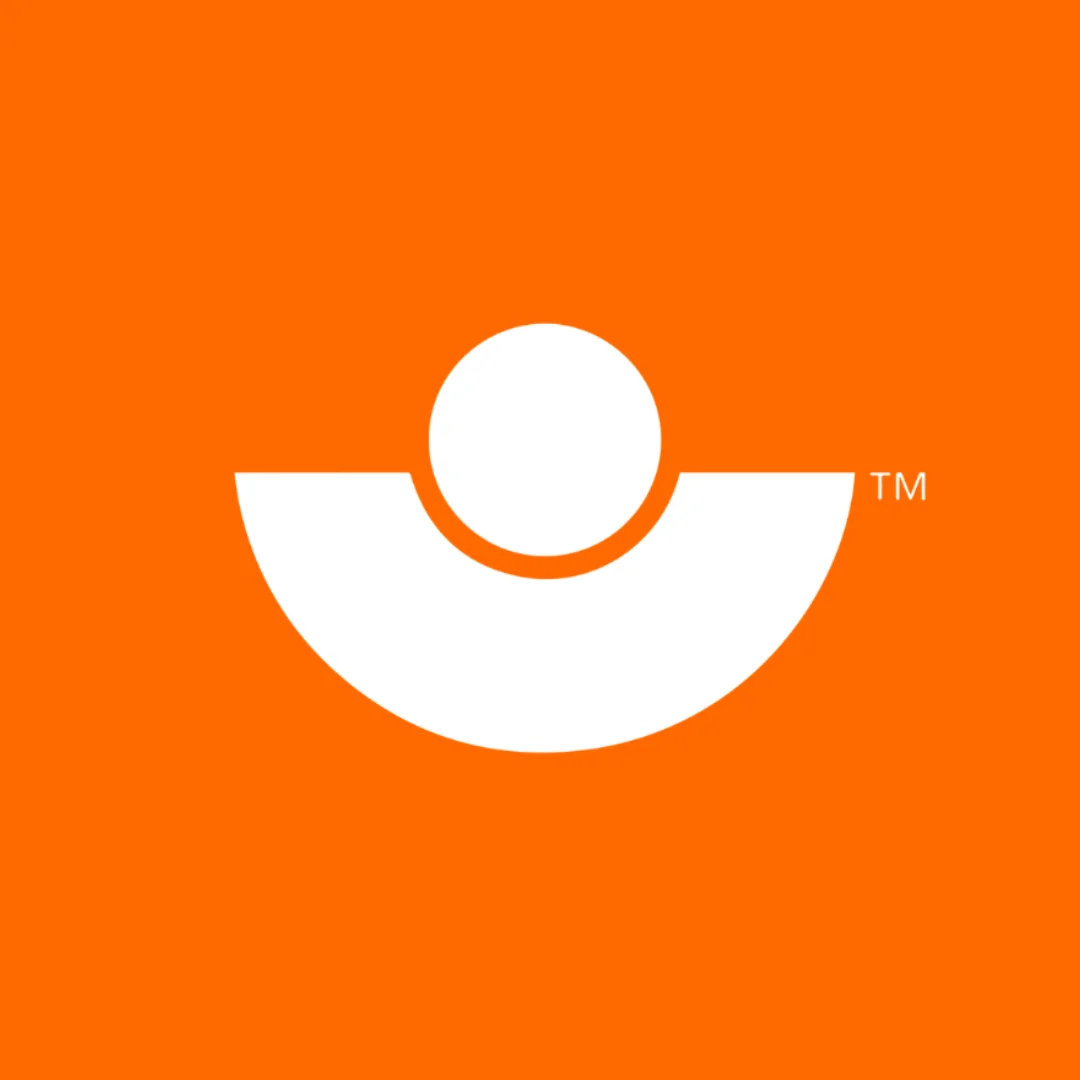5 Of The Most In-demand Programming Languages You Must Know
10 Oct, 20247 Minutes
Programming languages are at the heart of web development and business functionality. For software developers, getting a handle on these languages is key to improving customer experience and boosting brand reputation. Technology is changing every day, so it’s essential to stay updated on the most in-demand programming languages to continue making valuable contributions in the industry.
In this guide, we’ll explore the top five programming languages you should consider learning. We’ll cover what each language does and the benefits it offers, helping you make informed decisions about your development toolkit.
JavaScript
First, let’s start with JavaScript. JavaScript is one of the best programming languages to learn, offering versatility, which cements its position as one of the most in-demand programming languages. It’s a critical tool for web development.
So, what are the key functions of JavaScript, and what are the benefits for you as a software developer?
JavaScript’s Key Functions
JavaScript’s importance for software product development is unquestionable. Let’s take a look at the functions that make JavaScript a cornerstone of programming languages:
Dynamic Content Manipulation: Software developers can make real-time modifications to web page content without needing page reloads. This means user interfaces are responsive and easy to use, which is essential in the digital age.
Event Handling: JavaScript facilitates event-driven programming, which enables websites to respond to user actions like mouse movements, clicks, and keyboard inputs.
DOM Manipulation: JavaScript allows developers to directly manipulate the document object model, which allows them to make real-time changes to a webpage's structure, style, and content.
Client-Side Validation: User input can be validated on the client side, reducing the level of load on the server and resulting in faster feedback to the user. Ultimately, this enhances the user experience.
The Benefits of JavaScript
Why do software developers rely on JavaScript as their programming language of choice? The benefits it brings is a likely reason:
Cross-Platform Compatibility: JavaScript runs on all contemporary web browsers, ensuring consistency of functionality across devices and operating systems.
Extensive Libraries and Frameworks: Many libraries and frameworks improve efficiency and elevate development. Angular is an open-source framework for building SPAs, React is a library designed to assist with UIs, and Vue.js is a framework that works to develop UIs.
Large Community: To supplement the vast libraries and frameworks, JavaScript has an active community that provides resources to support software developers.
Asynchronous Programming: One great thing about JavaScript is its support for asynchronous programming. With features like callbacks, promises and async/await, software developers can work on several tasks at once.

Python
Created by Guido van Rossum in 1991, the Python programming language has become one of the most in-demand programming languages due to its renowned simplicity and readability.
Let’s explore its syntax along with Python’s other functions and benefits for software developers:
The Key Features of Python
So, what are some of the key features of Python? Take a look below:
Object-Oriented and Functional Flexibility: Python lets you work your way, whether you prefer object-oriented or functional programming. It offers the best of both worlds, making it adaptable for any project.
No Need to Compile: Python is interpreted, so you can run and test your code as you go, making debugging and development smoother without the hassle of compiling first.
Smart Memory Management: With dynamic typing and automatic memory handling, Python takes care of the heavy lifting behind the scenes, letting you focus on writing great code.
Works Everywhere: Python is cross-platform, so the same code will run on Windows, macOS, or Linux without needing to tweak anything.
What are the Benefits of Python?
According to a survey, 44.6% of software developers worldwide use Python, there are roughly 8.2 million Python developers globally, and four out of five developers state that Python is their main language.
Here’s what might explain these figures:
Clean Syntax: Python is famous for its readability and allows software developers to write code efficiently. Because of its simplicity, the chance of errors occurring is reduced.
Extensive Library and Community: Software developers have access to over 200,000 packages in the Python Package Index (PyPI) that have tools designed to complete almost any task. For example, Flask and Django can be used for dApps, whilst Plotly and Bokeh are useful for visual data representation. Furthermore, these tools are essential for web development.
Integration with JavaScript: Libraries like Pyodide, Brython and Transcript enables Python to be integrated with JavaScript.
Machine Learning, AI and Scientific Computing: TensorFlow, PyTorch and Scikit-learn are powerful libraries that make Python a popular choice among software developers for machine learning and AI projects. Python is depended up for scientific research thanks to numerical computing libraries like SciPy.
Java
Java has been a popular programming language since its release in 1995 by Sun Microsystems. Java is typically recognised for its reliability, scalability, and platform independence.
Let’s explore the key features of Java in more detail:
What are the Key Features of Java?
Now owned by Oracle, Java continues to be prevalent in software product development for several reasons:
Object-Oriented: With its object-oriented principles, Java is built to be simple and secure. It allows software developers to create modular and reusable code, which enables data encapsulation and polymorphism for flexible implementations.
Platform Independence: It adheres to WORA principle, (write once, run anywhere), which allows for compiled Java code to run without recompilation through any system with a Java Virtual Machine (JVM).
Garbage Collection: Java has an automatic memory management system that handles manual memory allocation and deallocation, which frees up time for software developers.
Rich Standard Library: Java has a solid standard library filled with classes and methods for tasks like data structures, networking, and file handling. By providing these resources, Java allows software developers to build features without having to reinvent the wheel every time.
The Benefits of Java for Software Developers
Although not the fastest programming language, Java provides applications that enhance performance through Just-In-Time (JIT) compilation and optimised bytecode execution.
Java has several benefits for software developers, including:
Security: Java emphasises security features. These include a built-in security manager, libraries dedicated to protecting data, and less use of explicit pointers, which reduces memory-related weaknesses.
Scalability: The architecture of Java, coupled with its features, makes it scalable due to its strong type-checking mechanism and error-handling capabilities.
Portability: Java’s "write once, run anywhere" philosophy allows programs to run on any platform with a Java Virtual Machine (JVM), making it highly portable across different systems.
Multithreading: Java natively supports multithreading, allowing multiple tasks to run concurrently within a single program, which improves performance and efficiency.
PHP
PHP (Hypertext Processor) is an open-source programming language mostly used for web development. But you may be wondering, what makes the PHP programming language one of the best to learn?
Let’s break it down:
Core Characteristics of PHP
PHP has many uses, such as its ability to create dynamic and interactive web pages by embedding directly into HTML. This also lets software developers switch between codes.
Here are other key components of PHP:
Server-Side Scripting: PHP processes code on the server before sending the information to the client’s browser, which ensures security and prevents sensitive information from being exposed to the client.
Database Interaction: By seamlessly integrating with multiple databases, such as MySQL, PostgreSQL, and Oracle, PHP can effectively handle data storage, retrieval, and manipulation tasks.
File Handling and Form Processing: PHP is proficient at reading, writing, and manipulating files on the server side. It’s also capable of handling form submissions and processing data from HTML forms.
Easy Learning Curve: PHP is known for its simplicity and ease of use, making it an excellent choice for beginners. Its straightforward syntax and extensive documentation allow new developers to quickly grasp the basics.
What are the Advantages of PHP?
As mentioned, PHP is one of the best programming languages to learn. It’s accessible to beginners because of its readability, but it also remains useful to experienced software developers due to its range of features.
Further benefits of PHP are as follows:
Open-Source and Cost-Effective: PHP is free to use and supported by a community that contributes to its continuous development.
Large Library: PHP has a collection of built-in functions, and third-party libraries allow software developers to add complex functions to web pages easily.
Widely Used: Testament to PHP being one of the most in-demand programming languages, it powers platforms like WordPress, Drupal and Magento.
Flexibility and Scalability: PHP can be easily integrated with various web frameworks and libraries, making it suitable for small projects and large-scale applications. Its flexibility allows developers to adapt their projects as needed without significant rework.
To learn more about the role of a software engineer in the digital space, discover our insightful guide - Soft Skills Every Software Engineer Should Have.
C++
Developed by Bjarne Stroustrup in 1985, C++ has become one of the most widely used and trusted programming languages. Its rich history as a staple in software development for nearly 40 years has allowed developers to refine its methodology into a powerful tool. Renowned for its performance, control, and versatility, C++ remains a top choice for system programming, game development, and more.
Let’s explore its syntax and other functions and benefits for software developers:
The Fundamental Functions of C++
So, why is C++ one of the most in-demand programming languages for software developers? Consider the following:
Object-Oriented Programming (OOP): C++ enables object-oriented principles like inheritance, polymorphism, and encapsulation, making it easier to build scalable and maintainable software.
Compiled for High Performance: C++ compiles directly into machine code, resulting in high execution speed, which is crucial for applications like video games, operating systems, and real-time simulations.
Manual Memory Management: With features like pointers and explicit memory control, C++ provides developers with the ability to fine-tune memory usage for optimised performance.
Standard Template Library (STL): C++ includes the STL, which provides pre-built algorithms, data structures, and iterators, significantly speeding up development.
What are the Benefits of C++?
Here, we explore how C++ is beneficial for software developers:
High Performance: C++ is designed to produce efficient, optimised code, which is essential for performance-critical applications like 3D games, financial systems, and real-time embedded systems.
Portability: Thanks to its cross-platform capabilities, C++ code can be compiled and executed on more than one platform without major modifications, offering great portability.
Extensive Community and Ecosystem: C++ has a strong, experienced developer community and extensive resources, from frameworks like Qt and Boost to game engines like Unreal Engine, making it easier to find solutions and support.
Wide Application Range: From game development to system software, desktop applications to real-time simulations, C++ is versatile enough to be used in virtually any domain of software development.
Final Word on the Most In-Demand Programming Languages
Mastering the most in-demand programming languages is essential for software developers looking to succeed. Each language—like JavaScript, Python, Java, PHP, and C++ offers unique features that enhance development and improve user experiences.
Keeping up with these languages equips software developers with the right tools to drive innovation and make valuable contributions. Embracing continuous learning in this field not only sharpens your skills but also helps you remain a sought-after professional.
Do you Require Software Development Recruitment Solutions?
Are you looking for software developer jobs tailored to you? As a specialist in digital and IT recruitment, we are dedicated to supporting you throughout your career journey. Our recruitment solutions cater to candidates at all levels, from entry-level positions to C-suite. We focus on building a strong relationship with you to understand your goals, needs, and skills.
Contact us today to discover how we can help you source software developer jobs.



